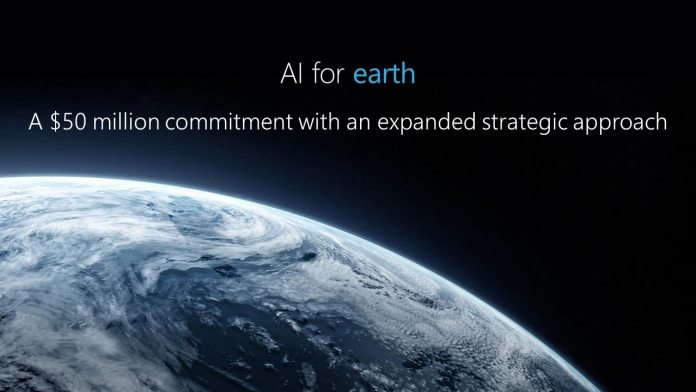Starting with AI for Earth, Microsoft has announced a significant expansion of the program that launch earlier this year. At the time, Microsoft made a $2 million investment, including 35 grants across 10 nations. At the One Climate Summit in Paris, Microsoft’s Brad Smith said it will now invest a further $50 million over five years. The money will help manage climate issues around the world. Smith says the company wants AI to be adopted by more companies in the environmental area: “At Microsoft, we believe artificial intelligence is a game changer. Our approach as a company is focused on democratizing AI so its features and capabilities can be put to use by individuals and organizations around the world to improve real-world outcomes.”
AI University
Machine Learning is still a nascent market, but it will play a significant role in technology in coming years. Indeed, AI and machine learning graduates will command massive salaries in industries increasingly looking to artificial intelligence. Microsoft wants to bridge the skills gap and has opened its own university for AI. This internal AI University will help bring Microsoft staff up to standards and develop new talent. “We have a thing called AI University, which is an internal education programme so that people who are incredibly smart and capable but trained in a different domain can quickly learn about machine learning both in a foundational sense but also in a practical sense of how to use it,” says Chris Bishop, head of the Microsoft Research lab in Cambridge. While many companies have raided universities for the best people, Microsoft is trying a different approach. The company wants to create a link to universities by sponsoring students and scouting for talent. “We try to work with them [universities] to fuel that talent pipeline,” adds Bishop. “So for example we’re a major sponsor of a masters programme at Cambridge University.” “One of the things we’re trying to avoid doing is simply going into a university, hoovering up all the top professors and then just leaving tumbleweed blowing down the corridors,” he says. “That might be a short term fix for some companies but I don’t think it serves even the industry itself very well, let alone academia or the nation, to take that rather short term view.”




